6 Tips for Starting a Successful HVAC Business
9 min read
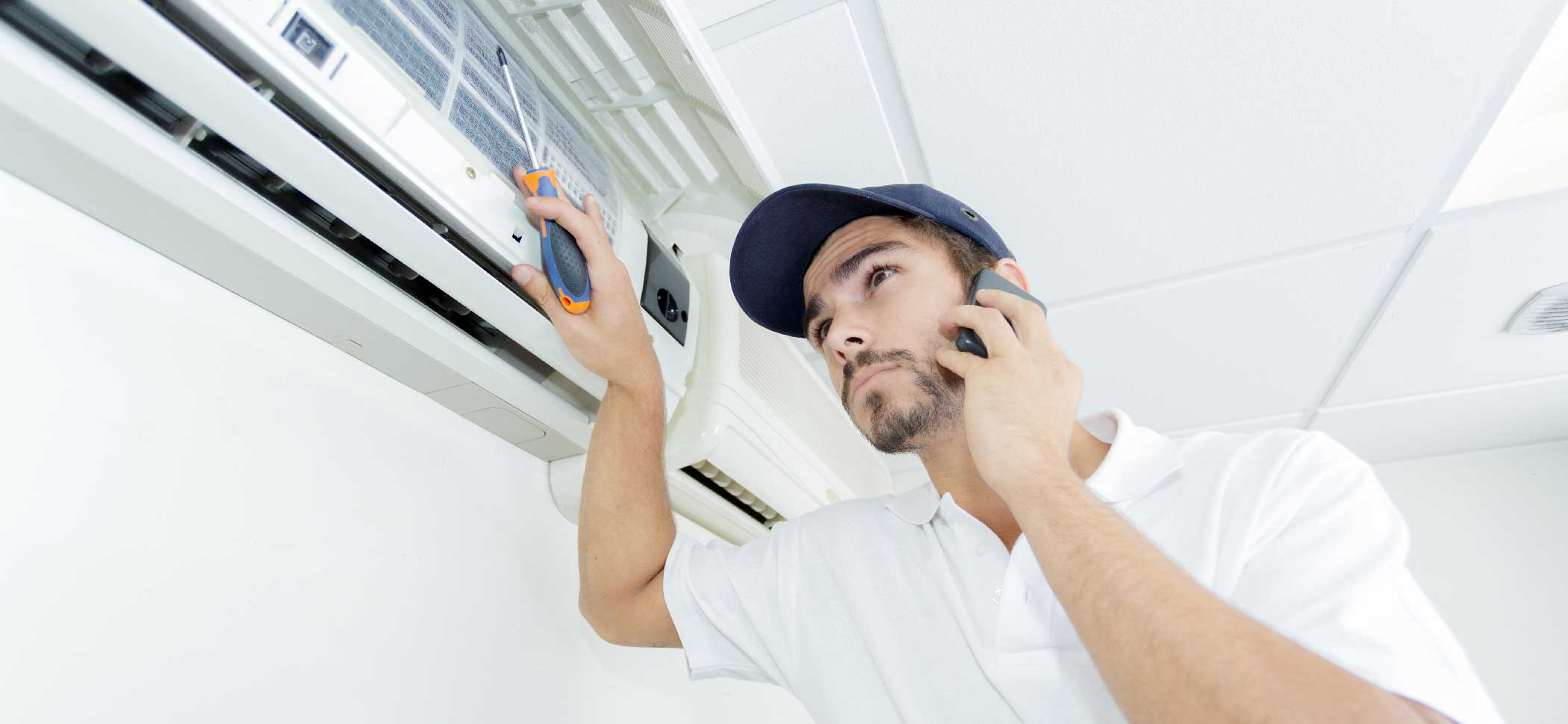
If you’re thinking of starting a heating, ventilation, and air conditioning (HVAC) business, you likely fall into one of two categories. Either you’re a certified HVAC technician who wants to branch out on your own, or you’re a business person hoping to helm a profitable HVAC business.
But to run a successful company in such a technical industry as HVAC, you need to be both a businessperson and a technician—or you need to partner with someone who has the skillset you lack.
We spoke to the owners of two HVAC businesses who entered the industry, one from each category, and leveraged their unique skillsets to grow successfully.
Here are six tips these experts shared that will help you start and scale your own HVAC business.
Meet the experts:
Brandon Cox is a certified HVAC technician and the owner of Air Conditioning Concepts of Oklahoma. Cox started his company with a single truck after spending more than a decade working for other HVAC companies. Now in its fifteenth year, Air Conditioning Concepts of Oklahoma boasts a fleet of 10 vehicles and a team of 25.
Dan and Kathy Novak are a husband and wife team of entrepreneurs and the owners of Bruce’s Air Conditioning and Heating in Arizona. The Novaks added Bruce’s Air Conditioning and Heating (at the time a 40-year-old business) to their portfolio in 2012. They continue to build that company’s long legacy to this day.
Skip to the tip that interests you most:
- Put Quality First
- Use Technology to Your Advantage
- Get Your Finances in Order
- Plan for Seasonality
- Keep Detailed Records
- Mentor the Next Generation
1. Put Quality First
All three of our experts emphasized the importance of doing good work and building trust with customers. “Don’t cut corners,” Brandon Cox told us. “Do the right thing. Be better than your competitors or at least try harder. And work will always come.”
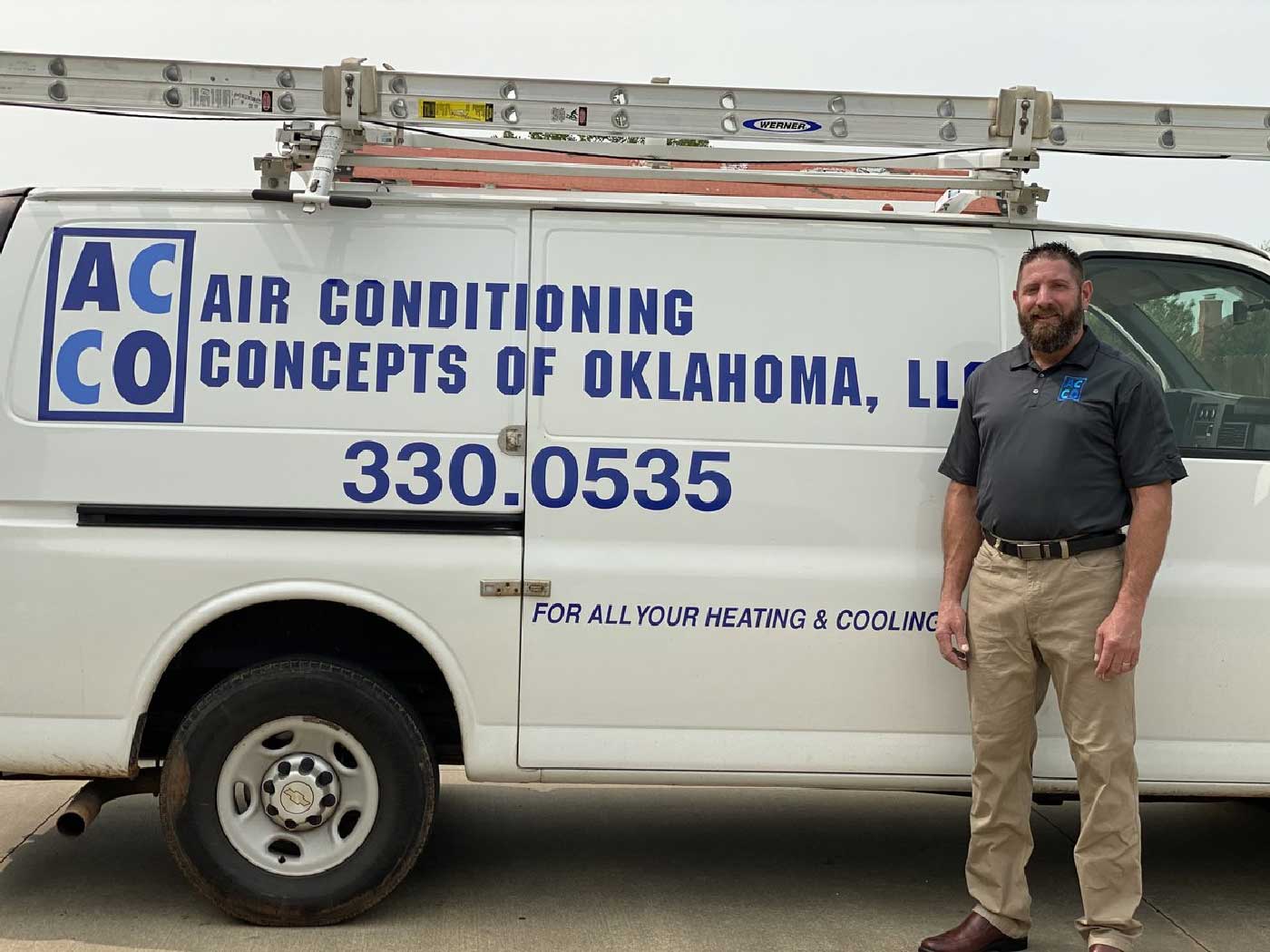
This is good advice in any line of work, but it’s particularly important in the HVAC industry where repeat customers are essential for your success. A typical air conditioner lasts between 12 and 17 years and needs servicing several times over that period. Your customer’s potential lifetime value skyrockets if they also purchase their unit (which can cost as much as $10,000) from you—but only if you provide quality service and earn their repeat business.
Dan Novak told us that air conditioner unit sales are vital for the success of an HVAC business because the profit margins on repairs are significantly lower. “Just fixing air conditioning units is not going to keep… [you] in business for a long time. You have to have some [unit] sales.”
The Novaks took reputation for quality into consideration when selecting an HVAC business to purchase, and they chose Bruce’s Air Conditioning and Heating because of the company’s longstanding reputation for top-tier work and reliability. “We [Bruce’s Air Conditioning and Heating] had been going to a lot of people’s homes year after year,” Dan explained. “And because they [the customers] felt like we were honest and we treated them right, when it came time to make that purchase [of a new unit], they didn’t really look elsewhere. They went with us because they had a great experience.”
2. Use Technology to Your Advantage
Technology plays a vital role in nearly every business today, and it’s no different in the HVAC industry. Tech has advanced nearly every aspect of HVAC, from the AC units, which are equipped with onboard sensors and computerized components, to the routing software that gets technicians from job to job.
Dan Novak says that to run a successful HVAC business, “You have to keep up with the technology of it. And you have to keep your team up with the technology.”
If you don’t, one of your competitors will, and they’ll be able to do your job better and faster than you because of it. Here are a few ways to use technology to remain competitive:
Optimize your dispatching, routing, and field service management
Simplify field operations with HVAC management software, such as OptimoRoute. With OptimoRoute, you can manage and guide your team wherever they are in the field from an intuitive dispatching panel that allows you to maximize efficiency across your service area. Use OptimoRoute to:
- Automatically route and plan appointments up to five weeks in advance. Easily assign service windows, designate specific requirements for individual jobs (such as a tech with a particular certification), and even limit working hours to avoid overtime.
- Reduce travel costs (and vehicle maintenance costs) by sending your technicians on the most efficient routes every time.
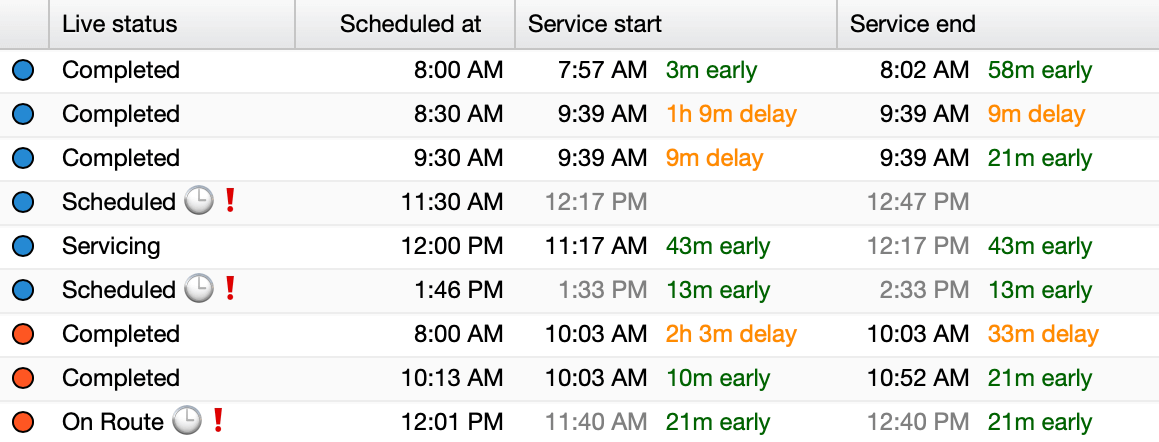
- Monitor your team in real time. Live ETAs show you who is running on time and who got held up on their last job and help you (or your dispatcher) keep operations running smoothly.
- Empower your techs by sending all of the information they need right to their phones. In the OptimoRoute Driver App, your techs will get turn-by-turn navigation to each stop along with access to full notes on each customer. Need to change a route or reassign a stop to a different tech after they’re already in the field? Just use dynamic replanning to make adjustments and send updated routes to your techs.
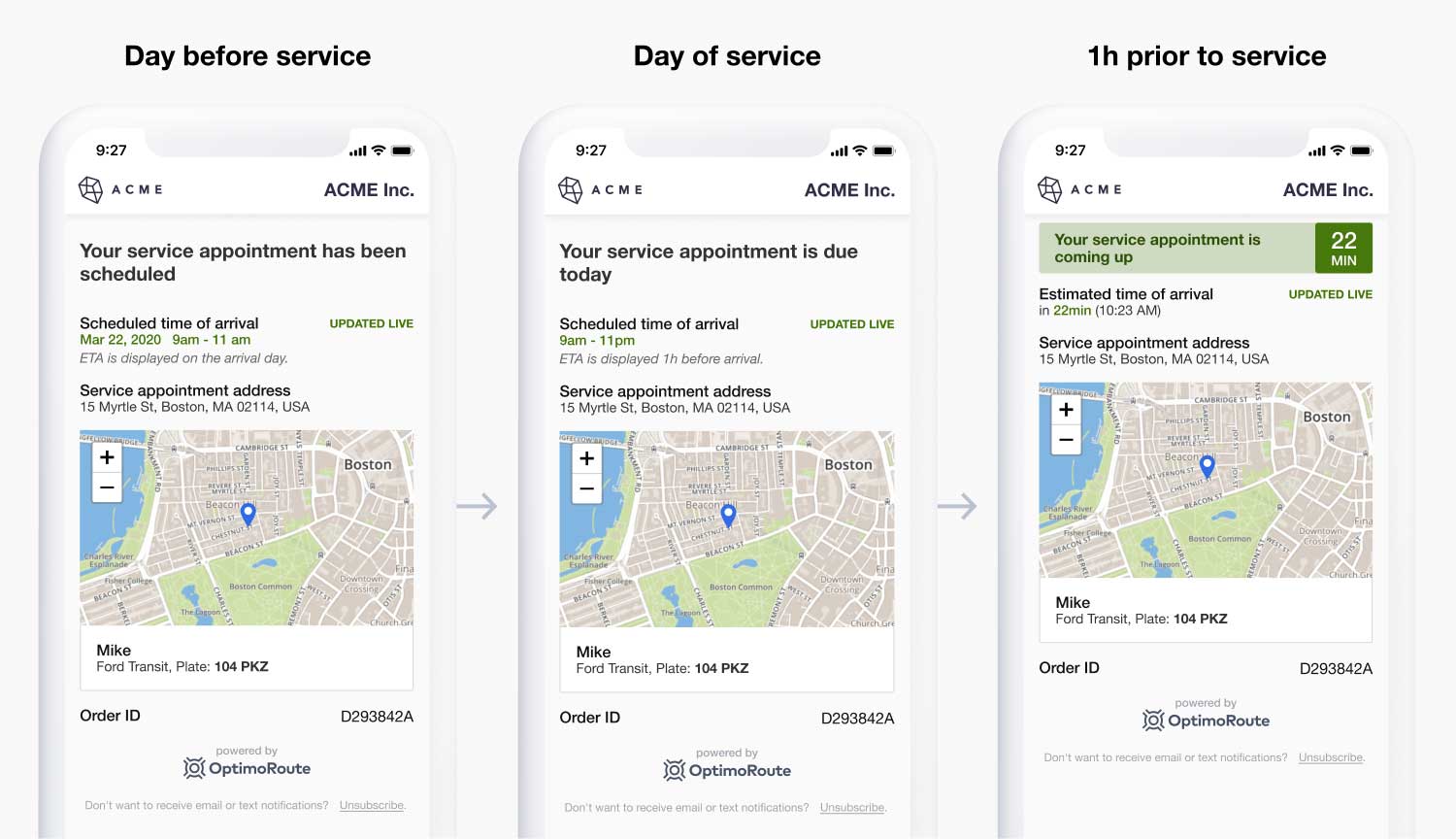
- Keep your customers in the loop. Realtime Order Tracking provides your customers with live tracking, so they know precisely when their technician is departing their previous stop and what time they will arrive.
Finally, OptimoRouteHVAC software gives you powerful analytics that you can use to improve your services and gain a better understanding of your team. Find out how each technician is performing, who’s typically on time, if anyone is prone to falling behind, and how your team is doing as a whole.
Streamline billing and bookkeeping
Cash flow is extremely important when you’re launching a new business, and especially for small business owners, but managing paperwork is time-consuming. “You’re not going to get paid until you can get an invoice out,” Dan Novak explained. So, invoicing quickly is imperative.
Use software such as QuickBooks or FreshBooks to streamline accounting and bookkeeping. And, as soon as you have the means, hire an assistant or office manager to handle these responsibilities while you’re in the field.
Use digital platforms to increase brand awareness
Dan and Kathy Novak told us that the HVAC service industry is “a very competitive market,” so you need a sound marketing plan to get attention. But, the good news is you don’t need an exorbitant ad budget to increase brand awareness and attract new customers. In fact, a recent study found that 74% of consumers actively avoid ads anyway.
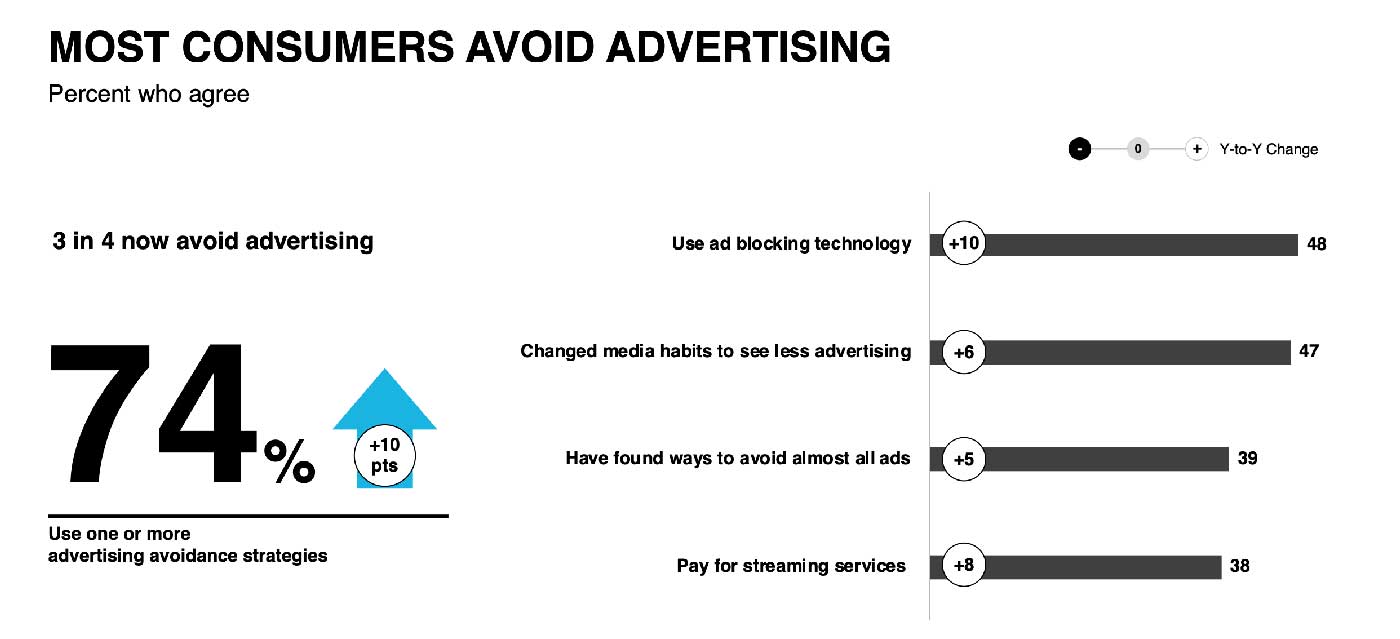
So, how do our experts attract new customers? By implementing our first tip—putting quality first. Brandon Cox explained that “word of mouth is the biggest thing there is.” And thanks to the internet, word of mouth isn’t limited to two friends chatting in person or direct referrals.
Online reviews are important to potential buyers. More than 39% of consumers under age 54 say they always trust online reviews. And 91% say they’re more likely to choose a business that has positive reviews.
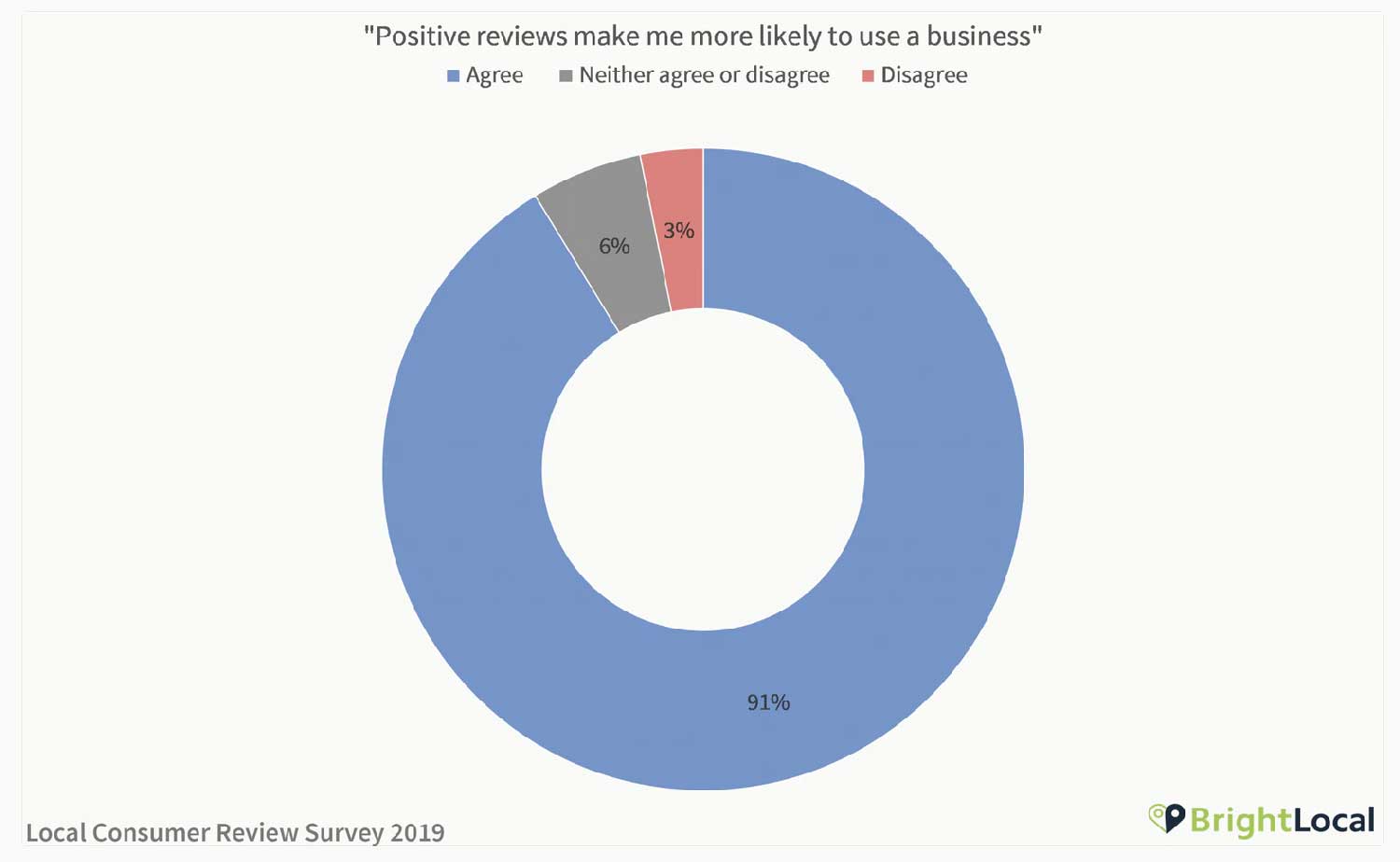
So, ask your loyal customers to leave you a review on Nextdoor, your social media pages, or wherever your brand has a presence. It won’t cost you anything, and it can help you build trust with potential customers.
3. Get Your Finances in Order
Brandon Cox told us the most important things you need to start your own HVAC business are to “be a hard worker and have a good credit score.” That means having a business plan and sound finances before you start.
Cox leveraged his good credit score to finance his first vehicle for roughly $100/mo. He had already acquired many tools of the trade during his apprenticeship and previous work with other companies, so his startup costs only amounted to about $1,500. He was able to buy the tools and supplies he didn’t already have using a startup business credit card—without getting a small business loan.
Expenses to consider
But not all entrepreneurs are as well equipped as Brandon when launching their business. The U.S. Office of Energy Efficiency and Renewable Energy found that HVAC business startup costs can amount to as much as $100,000.
HVAC startup costs are driven by several factors. You’ll need specialized HVAC tools, including a variety of hand tools, a refrigerant recovery machine, and a welding torch. You’ll also need a vehicle large enough to transport your equipment and supplies to each job. Finally, there are insurance and licensing requirements: you’ll need a business license and liability insurance. And if/when you plan to hire employees or expand your team, you’ll also need workmen’s comp insurance.
Finally, it’s a good idea to set up financing options for your customers through a bank or financing platform. Dan Novak explained, “A lot of people don’t have $10,000 in their pocket that they can drop [on a new air conditioner]. So then you have to provide financing.”
4. Plan for Seasonality
HVAC contractors experience drastic demand fluctuations based on the season, so you need to factor this into your HVAC business plan.
In Southern California, for instance, HVAC companies see reduced demand in the winter. Since the outdoor temperature rarely drops below the high 40s, even at night, many people there never use a heater and don’t run their AC at least four months out of the year.
Here are a few tips for combating seasonality:
- Budget for the entire year, and save money during the busier summer months to cover expenses when business is slow.
- Offer sales during the slower months to incentivize customers who are likely to need a new AC unit when the temperature heats up again. Slightly lowering your profit margin during the off-season this way can help mitigate cash flow issues.
- Make sure you’re not overpaying for software when operations slow down. OptimoRoute, for instance, enables HVAC business owners to easily scale their software plan up and down to match the size of their current operating fleet.

Another way you can tackle this challenge, if you have the means, is to buy or start a business with complementary seasonality. Kathy and Dan Novak own a plumbing business that sees peak demand during the winter months and slows down during the summer. This balances out their overall demand levels throughout the calendar year.
5. Keep Detailed Records
Because you’ll (hopefully) have customers who will be with you for decades, it’s important to keep detailed records. “We take pictures before we do our job and after. We also take pictures of the area around it to show we cleaned up,” Kathy Novak told us. “If we go… [to a customer] seven times over a period of 10 years, we document each call.”
Photos and notes help technicians understand what services have been performed previously. This knowledge base also serves as a sort of cheat sheet to help technicians diagnose issues quickly and accurately. You can also leverage detailed notes to help your team deliver a top-tier customer experience.
As your technicians build relationships with clients over time, have them make notes about little things that are important to that client, such as a renovation project or a pet’s name. This way, they can ask about it on their next visit and demonstrate they were listening, that they care, and that your business is worthy of their trust and patronage.
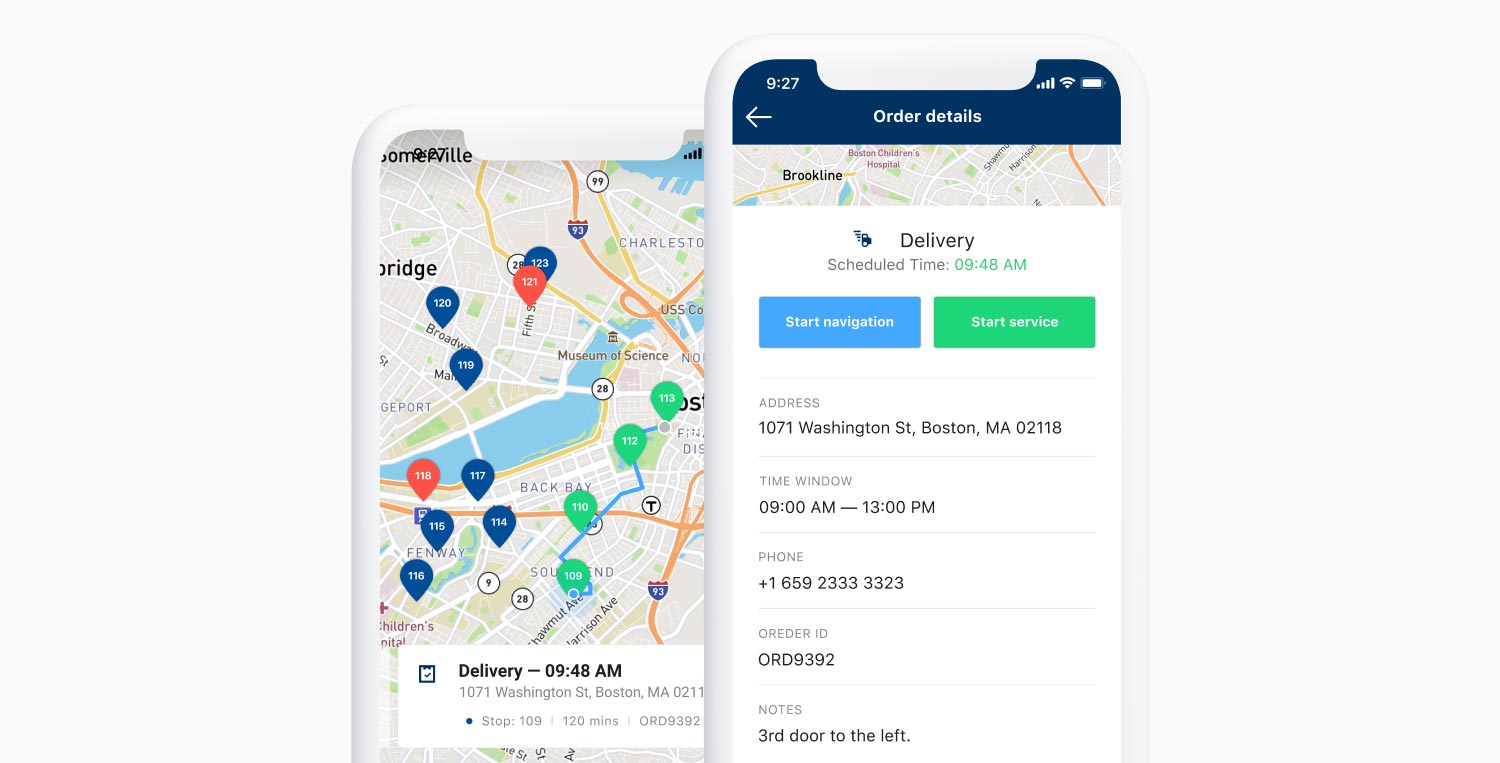
Pro Tip: OptimoRoute makes it easy for technicians in the field to access your entire history of customer notes—right from their phone. You can even upload pre-existing notes from an Excel spreadsheet or other form if you switch to OptimoRoute from another system. And those will be available as long as you use the software.
6. Mentor the Next Generation
Being an HVAC professional is physically exhausting, and it requires working in small, sometimes dangerous, and often very hot or cold spaces—in attics and basements and on roofs. As Dan Novak told us, “HVAC is a young person’s trade.” So, you need a long-term plan because navigating these spaces at age 50 won’t be as easy as it was at 25.
Provide mentorship to your apprentices and younger employees, so they can eventually take your place on job sites, and you can run your company from an office. “Invest in them and train them,” Dan Novak told us. “Because none of us come out of school really knowing how to do our job. On the job training is where you learn it.”
The Novaks have a creative solution to provide on the job training. When a technician from Bruce’s Air Conditioning and Heating has a question or wants a second opinion from the field, they use video conferencing to connect with their mentor. They’ve leveraged technology to maximize the accessibility of their lead technician.
Demo OptimoRoute Free for 30 Days
We know earning your customers’ trust is important to you, just like earning your trust is important to us, which is why we offer a 30-day free trial of our software. You don’t have to worry about paying for something you aren’t totally happy with, and we won’t even ask for your credit card information during that time. Our support team is available to help you get set up, answer questions, and walk you through integrating with other software. Get started today.
Try OptimoRoute™ for Free
No installation or credit card required


